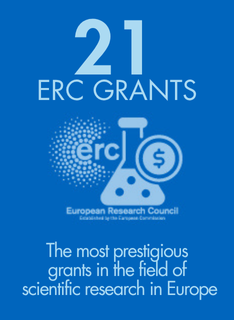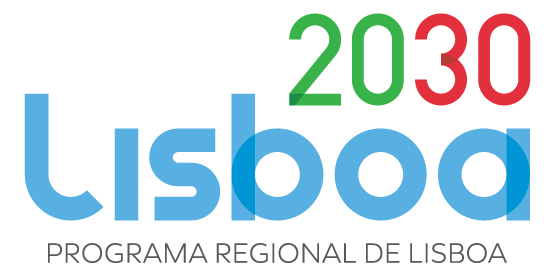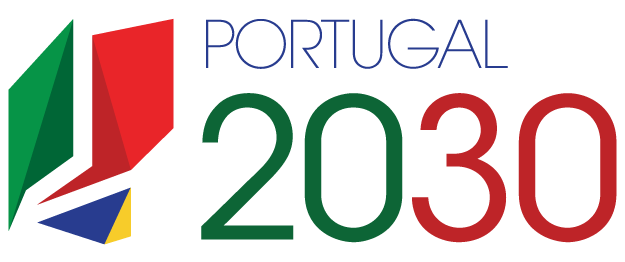Conservation and Restoration of Heritage are essential to preserving the cultural and historical legacy of societies, ensuring that future generations can value the inheritance of their ancestors. Conservation safeguards heritage assets, while restoration recovers their integrity, respecting historical and cultural values. This process preserves collective memory and establishes a connection between the past and the present, enriching the understanding of cultural diversity and the identity of each community.
The doctoral program aims to train qualified researchers in the fields of Conservation Science and Conservation-Restoration, with specializations in either "Conservation Science" or "Theory, History, and Techniques." The methodologies are based on a competency-focused learning approach, engaging students in a process of reflection and creativity that leads to the discovery of innovative solutions, responses to concrete challenges, and an interdisciplinary education.
Why this PhD Programme?
Interdisciplinary and Specialized Training: The PhD program offers education that spans from natural and exact sciences to social sciences and humanities, providing a comprehensive and in-depth approach to the study and practice of cultural heritage conservation and restoration.
Development of Rigorous and Innovative Research:The program promotes the execution of original and scientifically sound research projects, with a direct impact on the evolution of conservation techniques and practices, contributing to the advancement of the field. Learning periods in European or international laboratories have been essential for PhD students.
Empowerment for Leadership and Scientific Communication: Doctoral students are prepared to lead projects in the field of conservation and restoration and to communicate their research findings clearly and effectively, both within the academic community and to the general public.
Integration of Science and Practice: The training enables students to apply the knowledge acquired in real-world contexts, combining scientific theory with fieldwork, ensuring solid and comprehensive preparation for the challenges of the profession.
Opportunities for Collaboration in Centers of Excellence: The program offers opportunities to integrate into renowned research centers, cultural institutions, and museums, allowing PhD candidates to collaborate on projects of great scientific and cultural relevance.





























